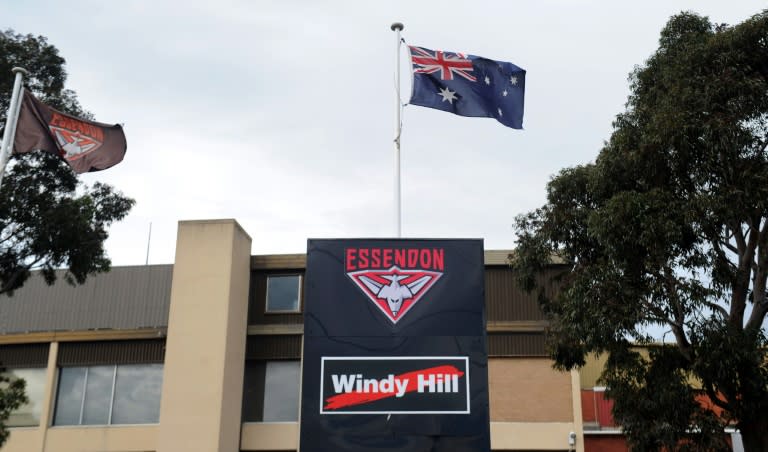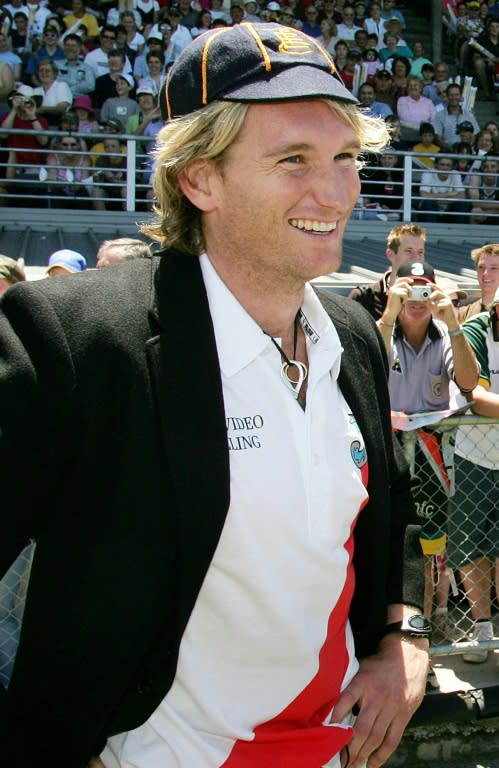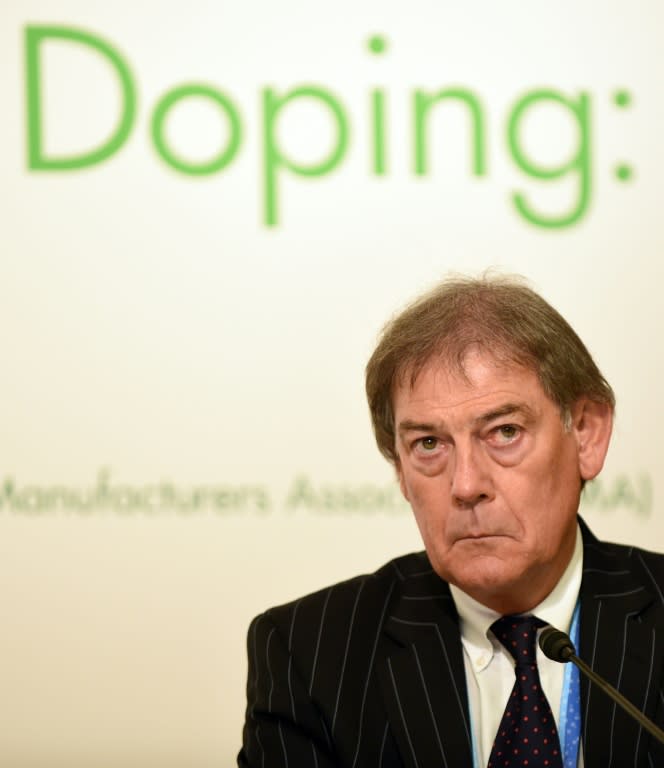34 Aussie Rules players banned for doping
Thirty-four Australian Football League (AFL) players were Tuesday slapped with lengthy bans for doping offences in a case officials called "the most devastating self-inflicted injury by a sporting club in Australian history". The Court of Arbitration for Sport upheld a World Anti-Doping Agency appeal against an AFL tribunal ruling last March that cleared past and present players from the Melbourne-based Essendon club of using the banned substance thymosin beta-4. The tribunal followed an in-depth probe by the Australian Sports Anti-Doping Authority (ASADA) that examined the club's player supplements and sports science programme which sent shockwaves through the game. The AFL had hit the top Australian side with the biggest fine in the sport's history -- Aus$2 million (US$1.6 million) -- and banned coach James Hird for 12 months for bringing the game into disrepute. However, Montreal-based WADA took the case to the Court of Arbitration for Sport in Switzerland. The court ruled it was "comfortable" that the AFL doping code had been violated "and found by a majority that all players were significantly at fault". "Regrettably we can confirm the Court of Arbitration for Sport has found 34 past and present players guilty of committing an anti-doping rule violation," Essendon chairman Lindsay Tanner said in a statement. "As a result, the players -- including 12 currently listed with Essendon -- have been suspended for the 2016 season. The club is currently digesting the decision." The AFL season begins in March. Twelve of the players banned are still on Essendon's books, including captain Jobe Watson. Other players are now at rival clubs while some have retired. - 'Right result' - WADA director-general David Howman praised the outcome for showing that "analytical and non-analytical evidence gathered through an investigation can be successfully presented to an independent panel". "While today's decision represents the right result for the anti-doping community, it most importantly represents justice for clean athletes in Australia and worldwide," he added. The players were accused of using a prohibited peptide thought to aid recovery from injury during the 2012 season in a programme led by controversial sports scientist Stephen Dank, who is appealing against a life ban imposed last year over his role in the scandal. "This unfortunate episode has chronicled the most devastating self-inflicted injury by a sporting club in Australian history," said ASADA chief executive Ben McDevitt, adding that the CAS decision was final. "The players had received anti-doping education through the AFL and ASADA, and were well aware that they are personally responsible for all substances that entered their body. "Unfortunately, despite their education, they agreed to be injected with a number of substances they had little knowledge of, made no enquiries about the substance and kept the injections from their team doctor and ASADA." AFL chief executive Gillon McLachlan said he was fully committed to keeping the code clean but suggested the players had been misled. "It is our view that they have been horribly let down by the (club) administration of the time, that the club has sought to acknowledge what has happened and to move on from these events," he said. "It has been a sorry stain on our game but it will not define the Essendon Football Club or our game." AFL Players' Association chief Paul Marsh said the players involved were "upset and angry". "If the players were administered with banned substances, they have been deceived. They are the victims, not the perpetrators," he said.





